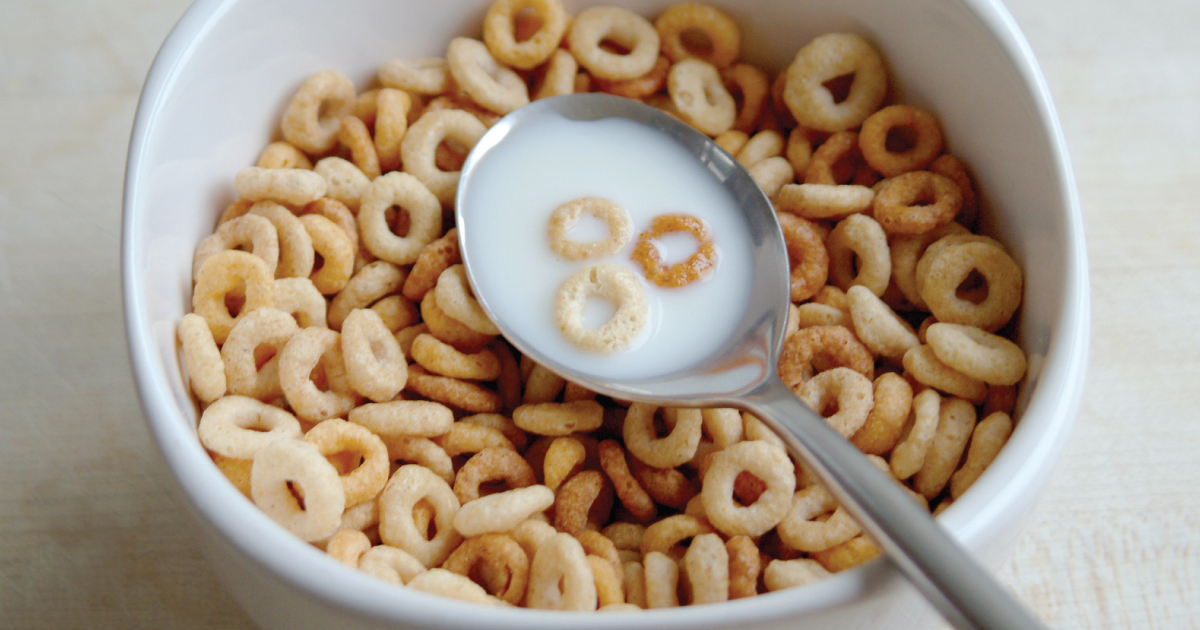
Trio of Decisions Temper Rash of Pesticide Food-Labeling Lawsuits
Pesticide suits may not have the staying power many in the food world feared, after all. Following news of the first billion-dollar verdict against the manufacturer of Roundup®, food and beverage companies braced as a series of suits targeted products allegedly containing trace residues of glyphosate (the active ingredient in Roundup) and other pesticides.
August 8, 2019 | Source: JD Supra | by Benjamin Abel
Pesticide suits may not have the staying power many in the food world feared, after all. Following news of the first billion-dollar verdict against the manufacturer of Roundup®, food and beverage companies braced as a series of suits targeted products allegedly containing trace residues of glyphosate (the active ingredient in Roundup) and other pesticides. Recent decisions dismissing pesticide suits, however, may provide a roadmap for manufacturers seeking to defeat these cases at the motion-to-dismiss stage. Similarly, while at least one glyphosate complaint has survived a motion to dismiss, the critical eye shown by courts to these claims may change manufacturers’ risk assessments.
In Yu v. Dr. Pepper Snapple Group, Inc., the plaintiff alleged that the defendant’s Mott’s apple sauces and juices were deceptively labeled “Natural” and “All Natural Ingredients,” despite the presence of insecticides and other “unnatural chemicals.” Specifically, the plaintiff alleged that the products contained trace amounts of acetamiprid, a synthetic insecticide used in harvesting crops. The plaintiff did not allege that the amount of acetamiprid exceeded the federal standard; rather, he alleged consumers would not expect products labeled and marketed as “natural” to contain insecticides at all.
